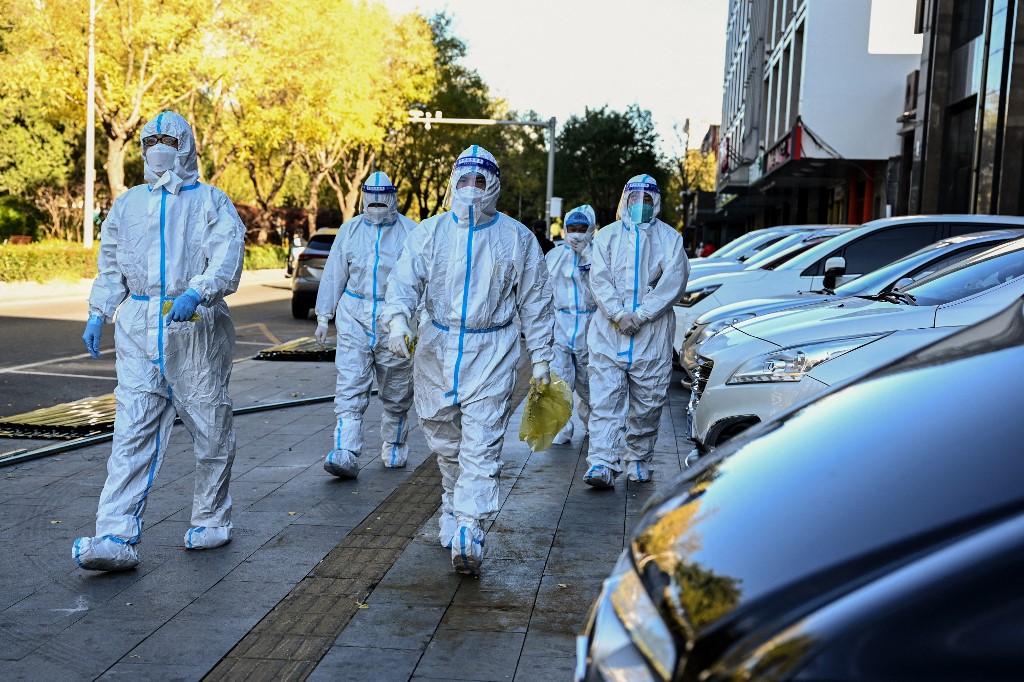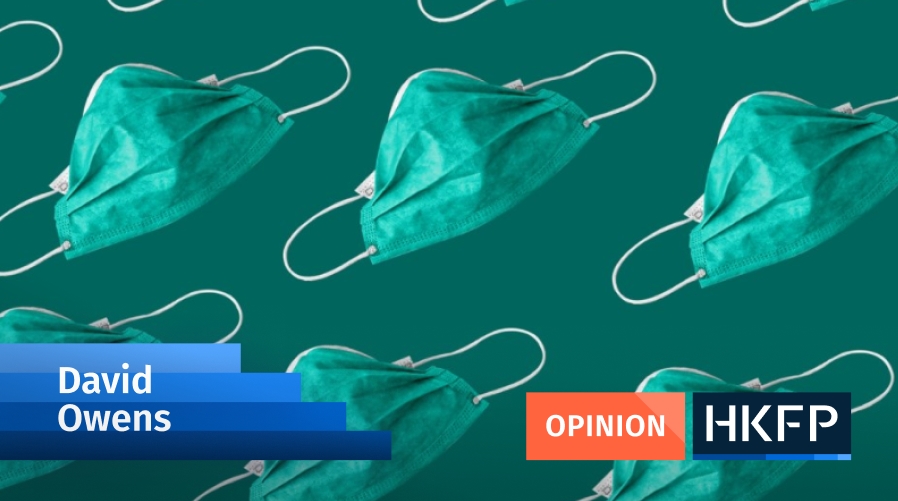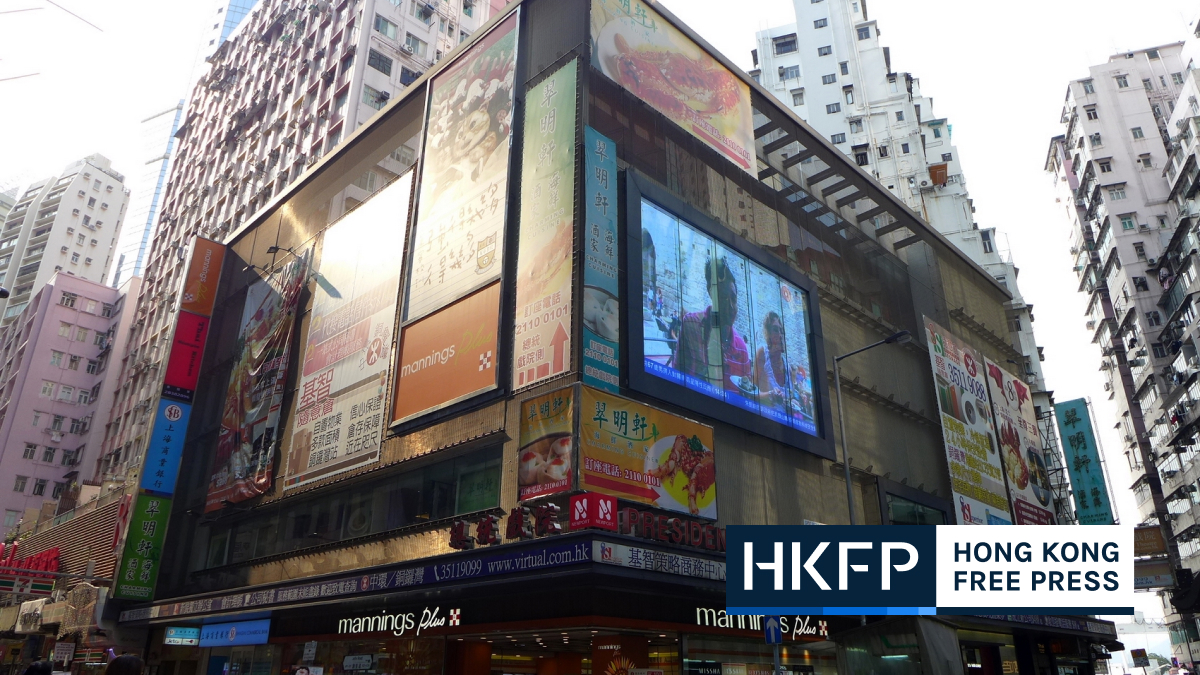China reported its first death from Covid-19 in six months on Sunday as it contends with a rising outbreak despite stringent measures to eliminate infections.
The last major economy still welded to stamping out Covid flare-ups, China has enforced lockdowns, mass testing and quarantines even as the rest of the world adjusts to living with the virus.

On Sunday, municipal officials announced an 87-year-old man had died in Beijing as the National Health Commission said it had recorded more than 24,000 infections throughout the country in the previous 24 hours.
While the tally is relatively low compared with other countries, the recent surge is notable in China after months of few cases being announced.
On November 11, Beijing abruptly declared its most significant easing of coronavirus controls to date, including a reduction of quarantine times for international arrivals.
But the limited relaxation did not desert the “zero-Covid” approach, even as it has wrecked massive social and economic consequences.
According to state-run CCTV, Saturday’s Covid-19 death — the first announced since May — involved a mild case, but the elderly man’s condition worsened after a bacterial infection.
Beijing, where 621 daily cases were reported Sunday, has confined some residents to their homes and ordered others to quarantine centres.
Unlike during previous outbreaks in the capital however, officials appear to be refraining from imposing harsher restrictions on a public exhausted by exceptionally strict Covid-19 measures.
In southern manufacturing hub Guangzhou, one of the hotspots of the current outbreak, protesters furious over a renewed lockdown clashed with police last week.
The megacity reported more than 8,000 daily cases on Sunday, prompting officials to launch a general screening in the central district of Haizhu, home to about 1.8 million people.
In a sign that China’s reopening may yet be waylaid, people have been urged to avoid “non-imperative” travel around the capital to avoid spreading the virus.
Some of Beijing’s largest shopping malls were closed Sunday, while others reduced opening hours or banned table service at restaurants.
Several offices in the business and diplomatic hub of Chaoyang District asked companies to tell their employees to work from home.
Some parks, sports halls and gyms have also closed.
The French International School in Beijing told parents they had been instructed “to switch to distance learning”, according to an email obtained by AFP.
Support HKFP | Policies & Ethics | Error/typo? | Contact Us | Newsletter | Transparency & Annual Report | Apps
Help safeguard press freedom & keep HKFP free for all readers by supporting our team















